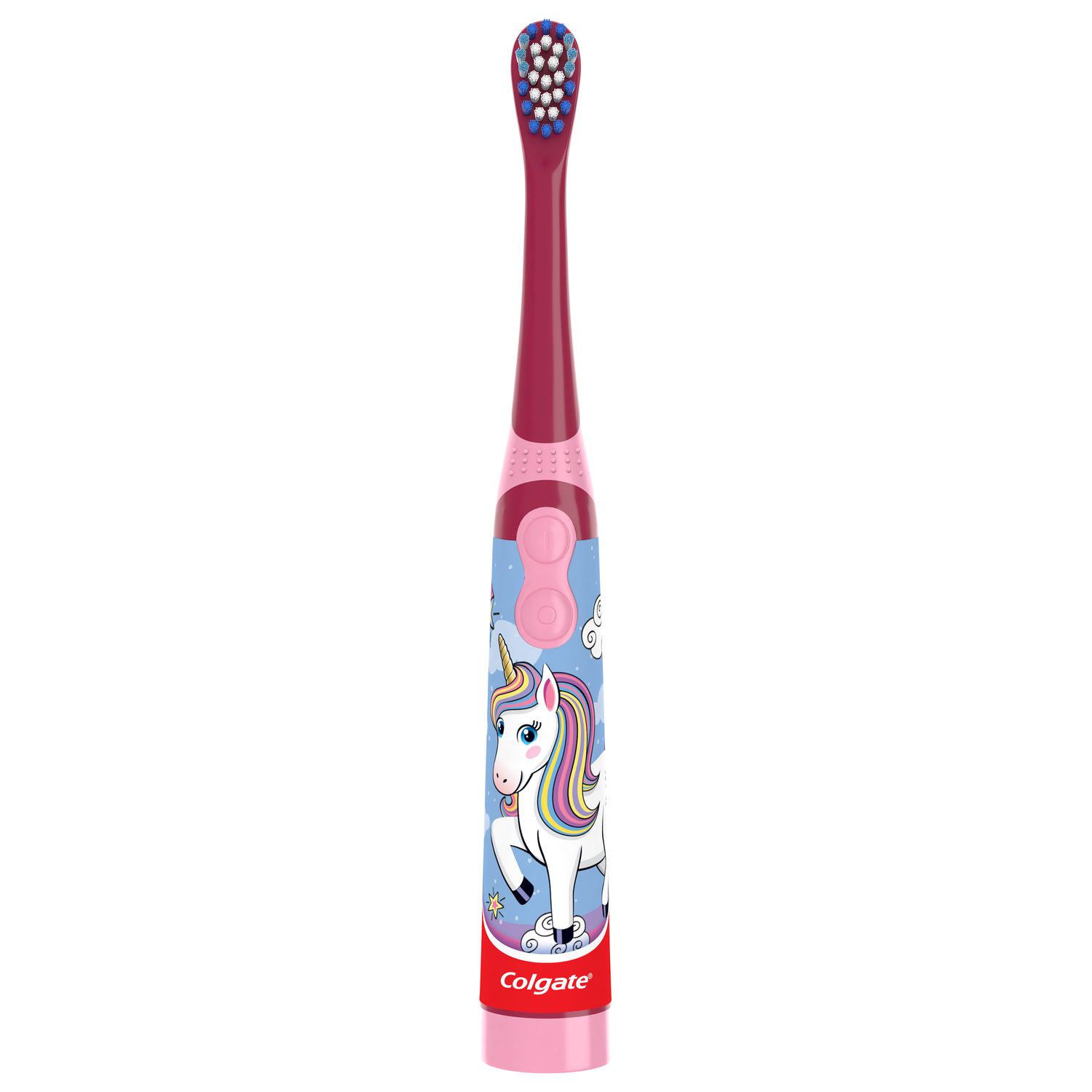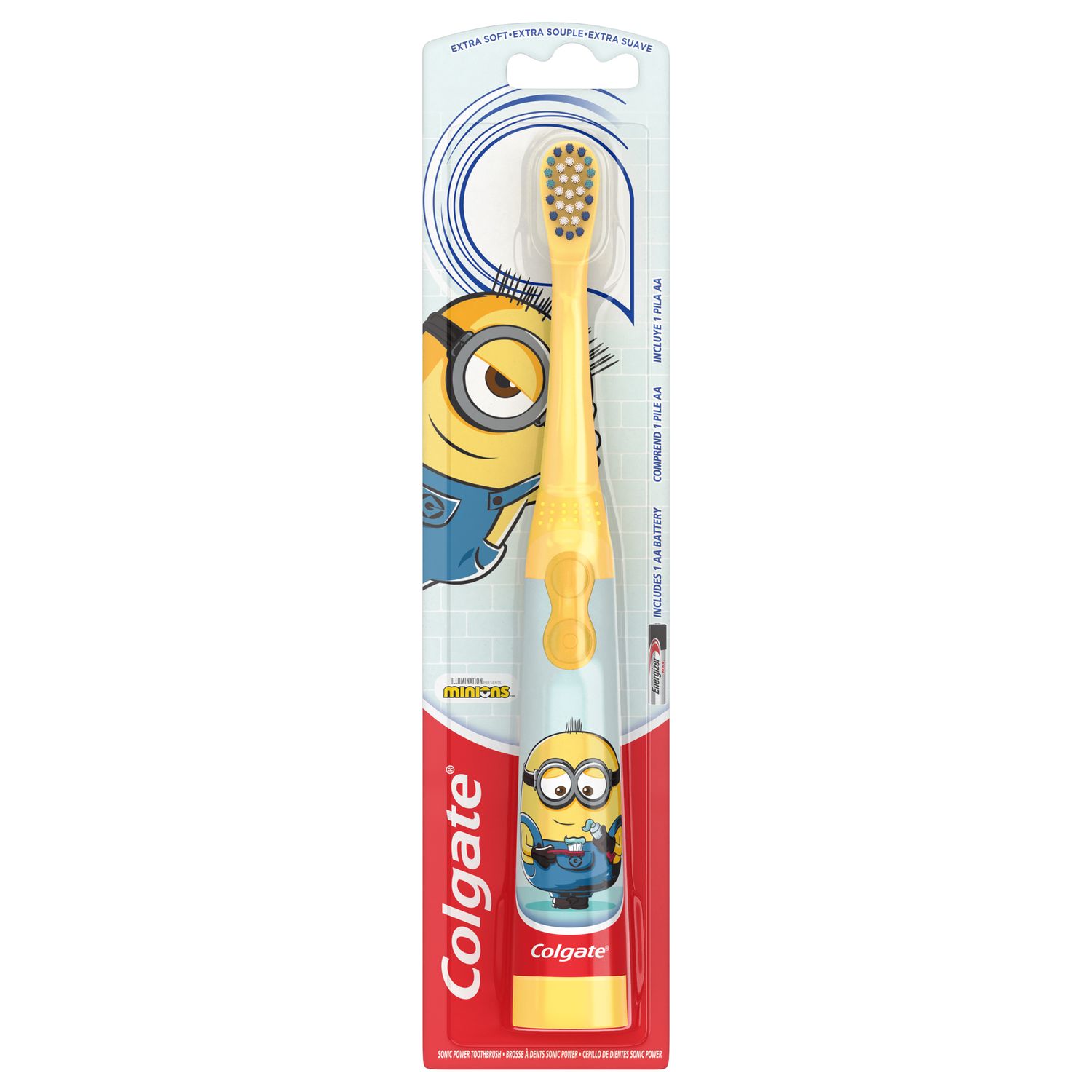When Should You Plan Your Child's First Visit?
If you see a tooth, it's time! That's right; you should take your little one to the dentist as soon as their first tooth comes in. The American Dental Association (ADA) says that usually happens at about 6 months old. Regardless of when your child's first tooth erupts, don't wait until after their first birthday to make an appointment.
Also, if you notice anything that looks abnormal in your child's mouth (white spots, lesions, bleeding, etc.), make an appointment right away.
Why Start Taking Your Child to the Dentist So Early?
According to the American Association of Pediatric Dentists (AAPD), tooth decay affects nearly 1 in 5 children under 5. By catching any developing conditions early, your dental professional will be able to diagnose and treat them effectively. They will do what they can to ensure your baby is set up to have a healthy smile for life. Your pediatric dentist will be able to check for tooth decay, injuries, and other issues during your visit and will be able to track changes in your baby's mouth as they age.
Choosing a Pediatric Dentist
You may want to bring your child to your personal dentist, but there are various reasons to go to a pediatric dentist instead. They specialize in growing children with little mouths and tend to know how to make a frightening experience for some kids a lot of fun.
The special-sized dental equipment for exams is also important. The exam room decor should be appealing to youngsters too, like brightly colored wall paint and engaging murals. Games, kids' magazines, and perhaps a fish tank in the waiting area go a long way toward easing uncertainty and apprehension.
Pediatric dentists work hard to keep the smiles of kids bright and healthy. When a dental visit is a positive experience, children may be happy to return every six months for their checkup. And for that, you will be smiling, too.
How To Prepare for Your Baby’s First Dentist Visit
Even before your baby's pearly whites make their first appearance, it's important to gently clean their gums with a cloth (or gauze) and water, especially after breastfeeding. You can use a soft toothbrush designed for children's mouths as well, but don't start using fluoridated toothpaste until your child is at least 2 years old. When teeth are forming, the Centers for Disease Control and Prevention (CDC) states that fluoride use can cause fluorosis. Fluorosis can cause spots on teeth, discoloration, and in severe forms, can even create pits in teeth. Having a gum-cleaning routine will accustom your child very early to a daily dental routine and help your infant be more comfortable at their first dentist visit.
Other steps you can take to prepare for your baby's first visit include:
- Showing videos to your child about first dental visits, so it's not an entirely new experience.
- Filling out paperwork ahead of your visit, so you and your baby aren't stuck in the waiting room for too long.
- Coming up with a list of questions you may have about practicing good oral hygiene for your baby.
What To Expect When You Take Your Baby to the Dentist
During your baby's first visit, you'll be in the room with them. If they are squirming or won't sit still in the dental chair, the dental professional may even have them sit on your lap to make the experience as comfortable as possible. They will perform a routine examination, looking for tooth decay, and checking your child's gums, jaw, and bite, and looking for frenum issues or other problems that may affect teeth or speech patterns. Then they'll carefully clean your baby's teeth and gums, advise you on how best you can properly care for your child's mouth, and then they will answer any questions you may have.
Most dental professionals recommend coming in for appointments at least twice a year, but ask your pediatric dentist what they recommend for your child's individual needs. There's a lot to think about as a new parent, and a pediatric dentist will be able to guide you and your child in the coming years toward a lifetime of good oral health. Happy brushing!
Oral Care Center articles are reviewed by an oral health medical professional. This information is for educational purposes only. This content is not intended to be a substitute for professional medical advice, diagnosis or treatment. Always seek the advice of your dentist, physician or other qualified healthcare provider.
ORAL HEALTH QUIZ
What's behind your smile?
Take our Oral Health assessment to get the most from your oral care routine
ORAL HEALTH QUIZ
What's behind your smile?
Take our Oral Health assessment to get the most from your oral care routine















